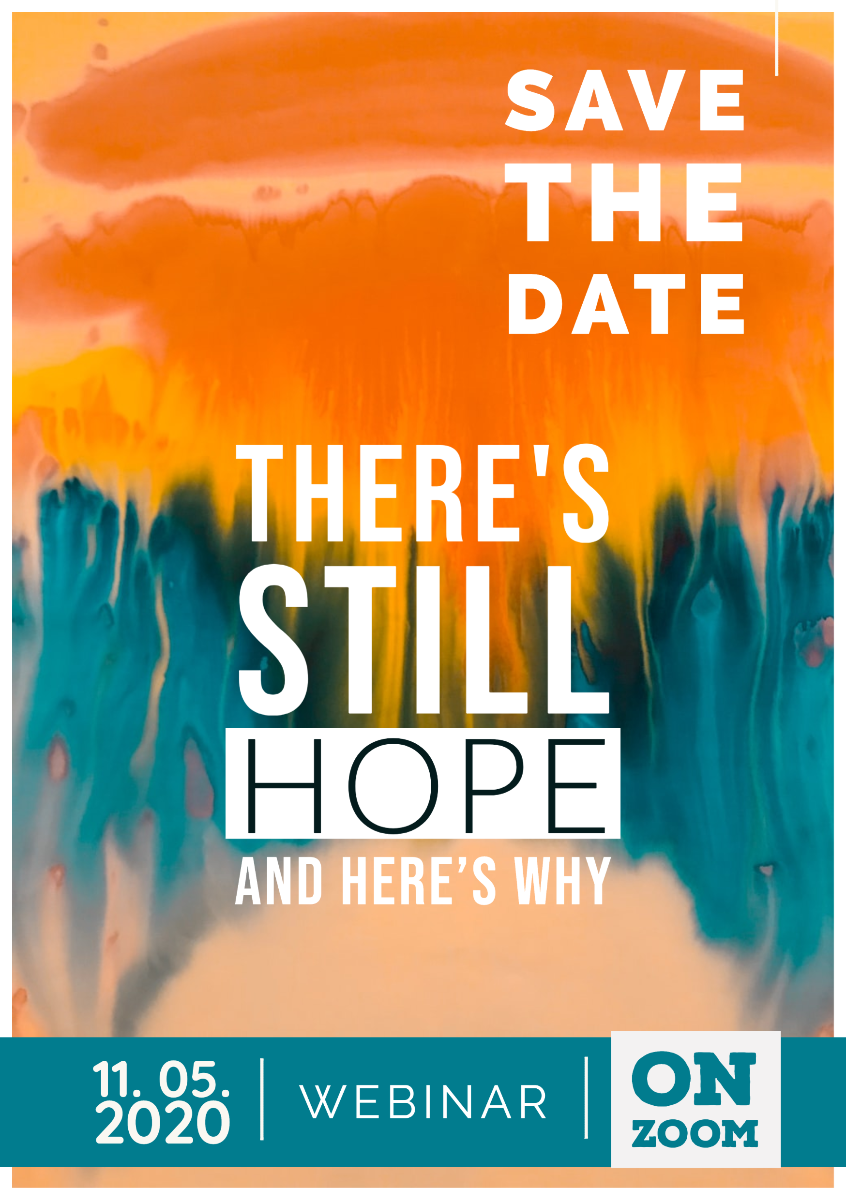Remembering Past Massacres: Honoring the Legacy & Resilience of the Victims
Dear ecumenical friends,
The WCC/CCIA (Commission of the Churches on International Affairs) series of regional webinars focussing on REMEMBERING PAST MASSACRES: HONORING THE LEGACY AND RESILIENCE OF THE VICTIMS will take us this time to the Pacific. We hope you’ll join us! Please share in your networks.
Date: Monday 18 October 2021
Time: 9:00 – 10:30 AM CEST (i.e. 8AM Lagos, Nigeria / 2PM Bangkok, Thailand / 7 PM Suva, Fiji / 8PM Nakualofa, Tonga)
Speakers:
- Rev. James Bhagwan, General Secretary, Pacific Conference of Churches
- Danity Laukon, University of the South Pacific Marshall Islands
- Taaitulagi Tuioti, Methodist Church in Samoa
- Rev. Billy Wetewea, Protestant Church of Kanaky New Caledonia
Register here: us02web.zoom.us/webinar/register/WN_auNIo99OSg2-BSipSLGTMA
Learn more via Twitter or Facebook.
Objectives of the webinar:
This series of regional webinars is organized by the Commission of the Churches on International Affairs (CCIA) of the World Council of Churches (WCC) in collaboration with the WCC Spiritual Life. It is part of the many virtual events organised this year to mark the 75th anniversary of the CCIA. Realizing that several of these massacres have lost relevance over the years, or are simply forgotten, the purpose of these regional webinars is to reflect on how these fallen heroes and heroines are remembered and honoured today. Each webinar will be a moment of lament and will explore among others, the following questions:
- How do we recognised these tragedies, and celebrate the survival, resistance, resilience, and heroes of these communities?
- How do we honour their martyrdom?
- What is done to prevent them from falling into amnesia or denial?
- How do we memorialise these tragedies?
- How do we transcend these past massacres and move towards healing?
- How do we ensure that future generations learn from the past, ensuring that history will not be repeated?
- What of reparations to descendants of these victims?
- Are monuments sufficient even though they can be perceived as a reminder of trauma, and as memorials of symbolic reparations?
We offer these regional webinars in the hope that we will be empowered to elicit a promise and a pledge to ensure the non-recurrence of such human atrocities even as we celebrate the legacy of those who have survived these massacres.
Dates of regional webinars:
- 27 August 2021: Africa
- 27 September 2021: Spanish-speaking Americas
- 11 October 2021: Asia
- 18 October 2021: Pacific
- 18 November 2021: Middle-East
- 6 December 2021: Europe
____________________________________________________________________________________________
CoNGO Notes: For more information on the Committee of Religious NGOs at the United Nations, please visit rngos.wordpress.com. For more information on the NGO Committee on Disarmament, Peace, and Security, please visit ngocdps.wordpress.com. For more information on the NGO Committee on the Rights of Indigenous Peoples, please visit facebook.com/NGOCoRIP.
